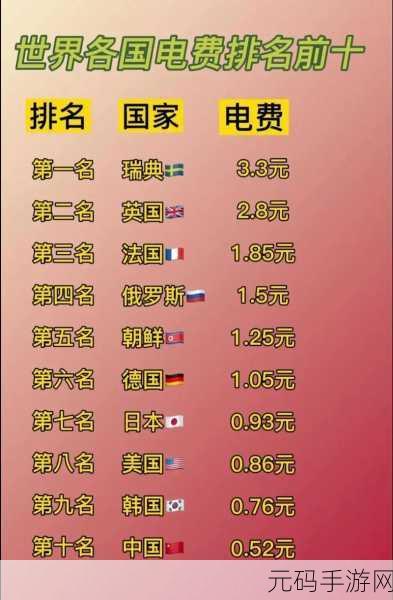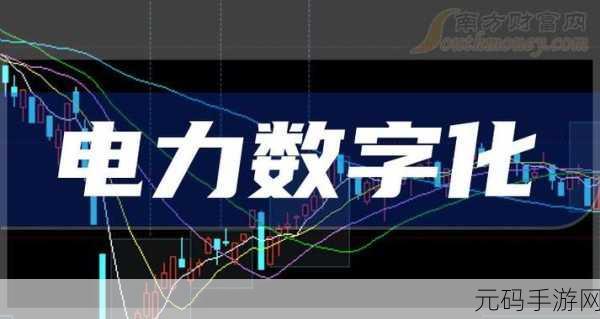韩国电费限制的背景
2024年,韩国政府针对电力价格采取了一系列限制措施,引发了广泛关注。随着全球能源市场的不确定性加剧,以及气候变化带来的挑战,各国纷纷寻求保障民生与环境之间的平衡。对于不断上涨的电价,如何有效控制和管理成为了一个紧迫的问题。这些政策旨在减轻家庭和企业负担,同时促进可再生能源的发展。
影响居民生活及经济发展
新实施的电费限制直接关系到居民日常生活。在高温或寒冷天气条件下,人们对空调和暖气依赖较大,因此稳定且合理的电价尤为重要。如果用电成本过高,不仅会压缩家庭支出,还可能导致一些中小企业因无法承担运营费用而面临倒闭风险。这种情况无疑将对整个经济产生连锁反应,从就业到消费都受到一定程度影响。

可再生能源转型的重要性
Korea's commitment to renewable energy sources has been bolstered by the electricity price restrictions. By capping traditional energy costs, there is a greater incentive for both consumers and businesses to explore alternative solutions like solar or wind power. This transition not only helps stabilize the economy but also contributes significantly towards achieving national environmental goals.
技术创新推动节能降耗
面对严格的限额要求,无论是个人还是企业,都开始更加重视科技在节能方面所扮演的重要角色。从智能家居系统到工业自动化设备,通过优化使用效率来减少不必要的消耗已成为一种趋势。此外,利用数据分析预测用量、调整生产计划等方式也正逐渐被各行各业采纳,以期实现最优资源配置。

公众意识提升与行为改变
This shift in policy has sparked increased awareness among citizens regarding their consumption habits. Educational campaigns aimed at promoting energy-saving practices play a crucial role in changing behavior patterns. Many households are now actively seeking ways to reduce usage during peak hours, such as shifting laundry schedules or investing in more efficient appliances.
K-智慧城市建设助力未来规划
The development of smart cities in South Korea is another avenue through which electricity limitations may yield long-term benefits. By integrating advanced technologies into urban planning, municipalities can optimize resource distribution and improve overall quality of life without straining electrical grids excessively. This innovative approach aligns with sustainability efforts while catering to growing populations.
- "绿色能源转型":Certainly an important topic given current global discussions on climate change and sustainable practices.
- "家庭节能策略":A focus area for many individuals looking to mitigate rising living costs effectively.
- "K-智慧城市项目进展":An exciting development within urban environments that ties back into electricity management strategies.



